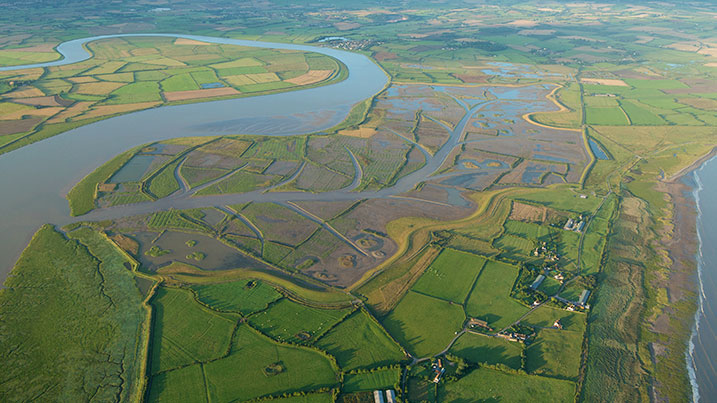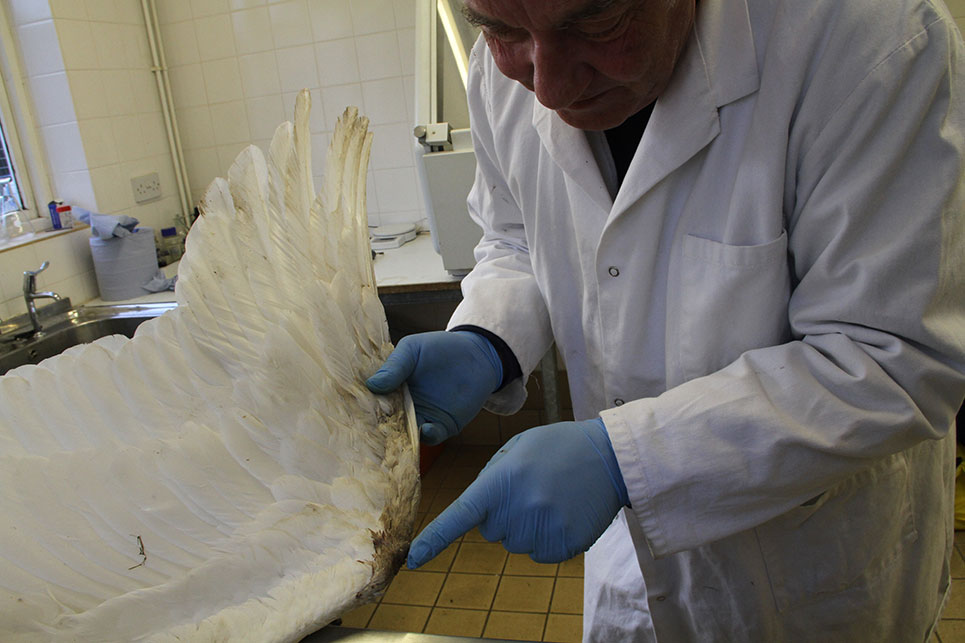Policy and advocacy

WWT sets
(Main pic: WWT's Dr Richard Benwell arrives at Westminster to give evidence to an MPs' enquiry) WWT has set the Government a challenge to find a "magic missing metric" to underpin its plan for our environment's future. The challenge was set as WWT's Hea
20 March 2018

How wetlands make cities liveable
Wetlands are soggy bits of land. Literally, 'wet-lands'. We built our cities on them because they gave us water and washed away our waste. But our cities got bigger so we often simply filled them in and built over them. It actually caused us a lot of pr
1 February 2018

Environment Secretary visits WWT Steart Marshes
Environment Secretary Michael Gove visited the UK’s biggest coastal realignment project to find out how constructed wetland habitats can reduce flooding, pollution and carbon. The Wildfowl & Wetlands Trust (WWT) and Environment Agency’s Steart Mars
22 August 2017

Lead-ing by example
A deadline is imminent for the UK to report on its progress in complying with lead poisoning protection. The source of the poisoning is some of the 6,000 tonnes of lead ammunition deposited across the UK each year.
10 July 2017

Rosier future for rarest duck on Ramsar wetland
The Madagascar pochard, the world’s rarest duck, has a rosier future today (International Day of Biodiversity) after the Government of Madagascar pledged to protect the wetland earmarked as its new home. A recent WWT audit of Madagascar’s wetlands id
22 May 2017

Lead poisoning - Government announces decision
The Government has rejected a stakeholder group’s recommendation that lead ammunition should be phased out on account of its risk to wildlife and human health. A key aspect for WWT is that wildfowl often ingest poisonous lead pellets, left on the groun
14 July 2016

WWT becomes a formal partner on the Ramsar Convention
WWT became a formal partner of the global convention for wetlands – the Ramsar Convention – earlier this month. WWT Chief Executive Martin Spray joined Acting Secretary General of Ramsar, Ania Grobicki, to sign a Memorandum of Understanding that plac
28 June 2016

Sustainable drainage - Lords win Bill amendment
Rain runs off the roofs and parking spaces - into a wildlife-rich wetland New and existing homes could be better protected from flooding, after the House of Lords voted to stop new houses being automatically connected to overloaded drains. If the amend
25 April 2016

Higher risk to swans from lead poisoning
The health of swans in Britain is being affected by lead poisoning at lower doses than previously recognised, suggests new research by the Wildfowl & Wetlands Trust (WWT) and the University of Exeter. The study investigated levels of lead in the blood
1 April 2016

New homes flood risk could be averted
Rain runs off the roofs and parking spaces - into a wildlife-rich wetland The threat of flooding to homes and businesses will be higher due to the Government’s proposed house-building law, say water management expe
23 March 2016

WWT welcomes ban on damaging pond plants
South American water primrose: Oversized, overzealous and over here! British wildlife will be safer from damaging non-native plants due to a ban on the sale of some exotic species which comes into force this week. Plant stockists will no longer be able
7 April 2014